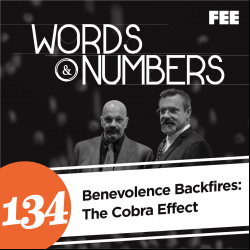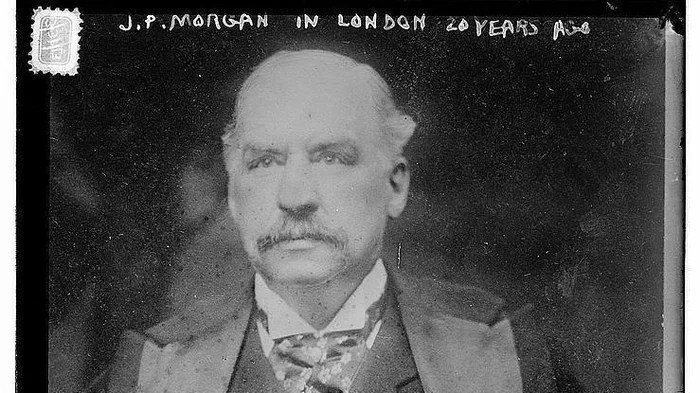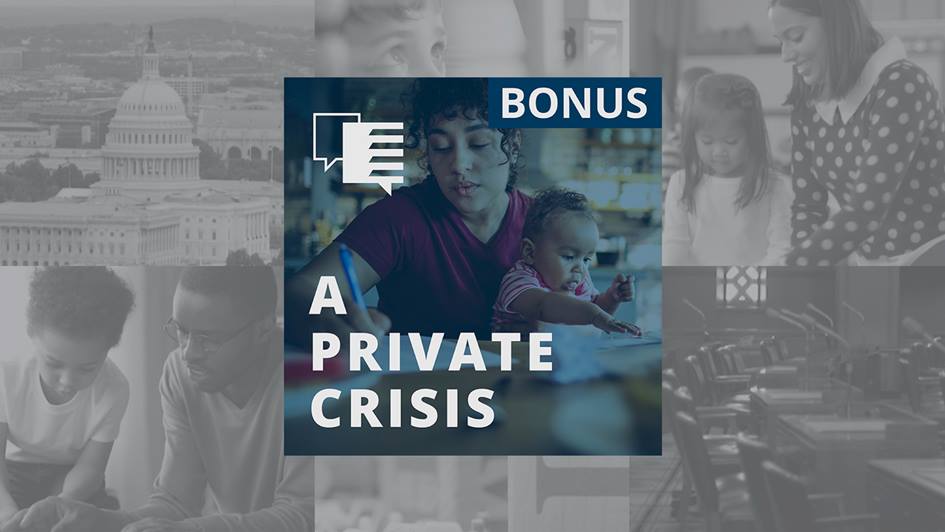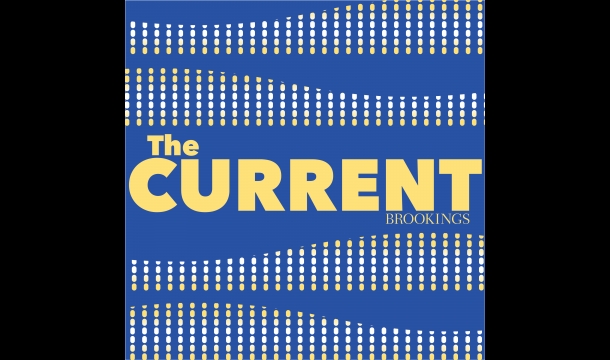Archive for the ‘Politics & economics’ Category
Link: https://wordsandnumbers.libsyn.com/benevolence-backfires-the-cobra-effect
Sometimes laws with good intentions have unforeseen results that end up hurting the people they were meant to protect. James Harrigan and Antony Davies discuss the cobra effect and how government policy decisions bring about unintended consequences.
Original Air Date: September 4, 2019
Length: 33 Minutes 15 Seconds
Link: https://www.aeaweb.org/research/school-spending-student-outcomes-wisconsin
In this AEA Research Highlights podcast Author Jason Baron discusses the effects of different types of school spending on student outcomes and how school budgets should continue to evolve. Baron’s finds that increased spending on teacher salaries and supportive services positively affected test scores, dropout rates, and postsecondary enrollment, while spending on new buildings and renovations had less of an impact.
Original Air Date: February 18, 2022
Length: 22 Minutes 14 Seconds
Article Citation: Baron, E Jason. 2022. “School Spending and Student Outcomes: Evidence from Revenue Limit Elections in Wisconsin.” American Economic Journal: Economic Policy, 14 (1): 1-39.
Link: https://www.npr.org/2022/03/29/1089572956/whistleblower-protection-program
This episode of the Indicator discusses the Securities and Exchange Commission (SEC) and the ways in which it regulates businesses. Whistleblowers, the ones who are brave enough to stand up against malpractice in the company, are valuable to the SEC but are often too scared to come forward. Jordan Thomas, a former SEC employee, decided he would make a firm that protected these whistleblowers and made sure they are compensated for the risks they are taking.
Original Air Date: March 29, 2022
Length: 10 minutes 5 seconds
Link: https://wordsandnumbers.libsyn.com/episode-264-should-cities-invest-in-sports-stadiums
James Harrigan and Antony Davies, hosts of the Words & Numbers podcast, discuss various topics from US sanctions on Russia. Lauren Heller, Associate Professor of Economics at the Campbell School of Business, then joins them to consider the public funding of sports arenas and the economics behind it. Lauren discusses false profit projections and how the actual payoff for say, the Super Bowl is really only about 10% of those hopeful projected profits. Politicians, fans, and the continued belief in false projections all play a part in the pushing for new stadiums, but in reality they don’t provide the huge economic benefits that cities are promised.
Original Air Date: March 2, 2022
Length: 34 minutes 6 seconds
Link: https://www.npr.org/2021/12/01/1060610393/a-locked-door-a-secret-meeting-and-the-birth-of-the-fed-classic
On this episode from Planet Money, they discuss the events and people that led the creation of the Fed, relevant in 2022 in light of the pressure the Fed is facing in as inflation continues to rise. A quick guide to J.P. Morgan’ s influence and help with founding the Fed so big bailouts no longer had to fall on his pockets.
Original Air Date: December 20, 2013
Length: 17 minutes 10 seconds
Link: https://www.bostonfed.org/publications/six-hundred-atlantic/season/two/bonus-episode-a-conversation-about-child-care-in-crisis.aspx
Even before the pandemic, childcare has been inaccessible and too expensive for families. Experts Beth Mattingly and Tom Weber discuss the childcare crisis and the impact it has on parents, the labor force, and the economy.
Original Air Date: October 29, 2021
Length: 26 Minutes 19 Seconds
Link: https://www.npr.org/2021/03/22/980064728/myths-and-realities-of-americas-rural-economy
This week the Indicator talks with Economist Gbenga Ajilore, a senior advisor at the Department of Agriculture about the incorrect assumptions associated with life in rural America. He has studied these rural demographics and now advises policymakers away from these misguided ideas. They discuss the common misconceptions about these rural areas of the US relating to population, jobs, and migration. Some highlights Ajilore shares include: farming is not the only way of life, white people are not the only ones that live in rural areas, and that rural areas are not actually dying out.
Discussion Prompt: What are some other myths about rural areas that have an economic influence?
Original Date: March 22, 2021
Length: 9 minutes 39 seconds
Link: https://www.npr.org/2021/03/12/976465414/the-even-more-minimum-wage
This podcast discusses the history and the impact of low wages received by restaurant workers. The federal “tipped” minimum wage has remained stagnant for almost 30 years, while the standard minimum wage has been increased 5 times throughout that time. Policy makers in Washington DC are now proposing the Raise the Wage Act, which, if enacted, would raise the federal minimum wage incrementally to $15 an hour for all workers in all industries, including tipped workers.
Original Air Date: March 17, 2021
Length: 21 minutes and 22 seconds
Link: https://www.marketplace.org/shows/make-me-smart-with-kai-and-molly/where-does-the-money-for-stimulus-checks-come-from/
$1.86 trillion in relief spending has been authorized by congress, which will be financed by the sale of government bonds and other debt instruments. The Federal Reserve Bank will purchase many of these bonds which will cause an inflow of money into the economy. This podcast also elaborates on the inflationary implications of the stimulus checks entering the economy.
There is also discussion of Google’s market power and vaccination progress.
Discussion Prompt: What is the intended goal of the stimulus checks and what unintended consequences can arise as a result?
Original Air Date: March 17, 2021
Length: 19 minutes and 34 seconds
Link: https://www.brookings.edu/podcast-episode/what-do-leaked-financial-documents-reveal-about-dirty-money-in-banking/
Despite national and global efforts to discourage money laundering, there were recent reports from the Financial Crimes Enforcement Network suggest suspicious transactions and funding during the investigation of Russian interference in the 2016 election. This podcast further discusses some of the failures of banks to report suspicious activities in a timely manner. Matthew Collins from the Brookings Institute states that if our government really wants to hammer down on money laundering and other financial crimes, it is crucial to invest more funds into regulatory bodies such as FinCen.
Original Air Date: September 24, 2020
Length: 12 minutes 20 seconds









